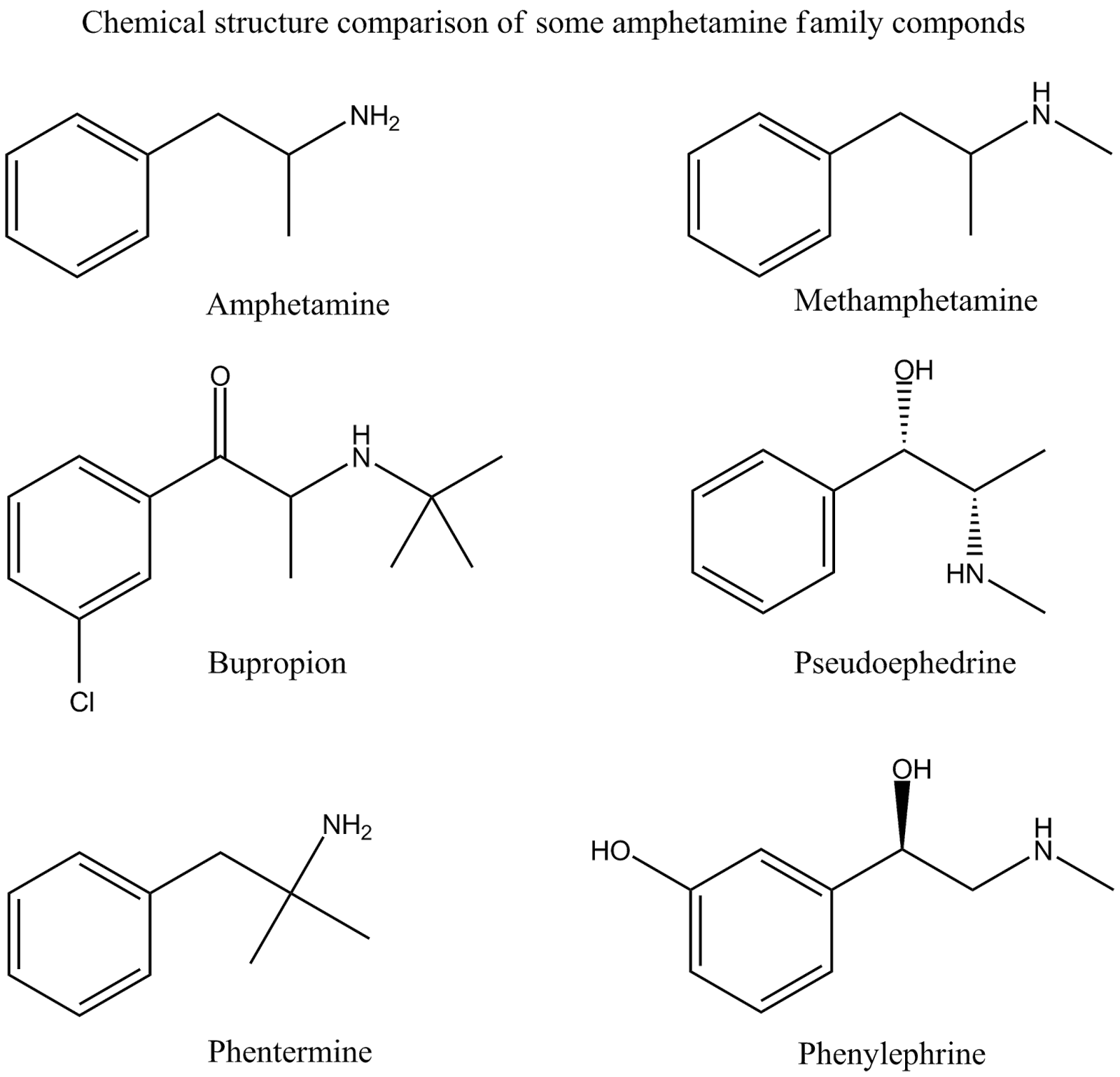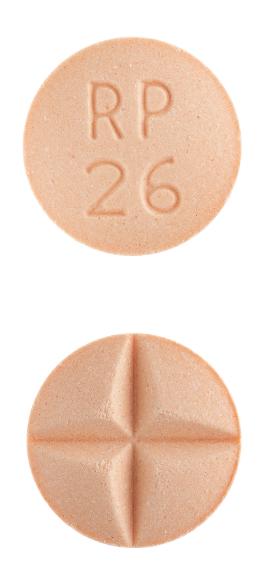
I could focus on a task before jumping to something else.” “I noticed a world of difference within a half hour of taking the first pill.That said, people who found Adderall helpful told us: Some people try several different medications and dosages before finding the one that works best for them. As such, others’ reactions should not influence your treatment decisions. Each individual responds differently to medications and there isn’t any way to predict how you or your child will react. There are many different medications available to treat ADHD, and the right choice for each patient is highly personal. Adderall usually lasts longer, which means it controls symptoms without the need for as many daytime doses. They may be able to take the medication during school hours without any noticeable impact on appetite or drowsiness at night. Some people prefer this, as it allows them to better control side effects such as loss of appetite or trouble sleeping. Ritalin is usually a shorter acting medication.

Ritalin LA (Long acting) extended release capsule, available in 10, 20, 30, and 40 mg.Īdderall extended release XR) 5, 10, 15, 20, 25, 30, 36 mgĮxtended release 6-8 hours Immediate release 4-6 hoursĮxtended release 8-11 hours Immediate release 2-3 hours Ritalin SR (Sustained release), available in 20 mg Short acting, immediate release tablet available in 5, 10 and 20 mg. Those who have used Adderall and Ritalin rated the medications’ efficacy in the chart below, which also tracks the percentage of patients who experienced three common side effects.Ĭhildren aged 6 and older Adolescents Adults Among adults with ADD, 53.67% have used Adderall, the most common medication among adults, and 33.27% have used Ritalin at some point.

It is available in immediate-release and extended-release formulations.Īccording to a 2017 survey of ADDitude readers, 37.54 % of children with ADHD have used Adderall, the second most common medication for children with ADHD, and 32.37% have used Ritalin at some point. Although the ingredients in Adderall can be misused and abused, it is not considered habit forming when taken at prescribed doses. It is generally well tolerated and effective in treating the symptoms of ADHD. For these people, the logical next step for them is to try the other class of stimulant ADHD medication: amphetamine.Īdderall is a combination of salts from levoamphetamine and dextroamphetamine, more commonly called amphetamine.

That is, 70% of people will get a robust level of benefits from the first molecule they try and 30% will either get no benefits or the side effects will outweigh the benefits. The response rate to MPH is identical to that of amphetamine - roughly 70%. It was first approved by the FDA in 1955 for treating hyperactivity and, since the 1990s, it has become the most widely known drug for treating ADHD. Ritalin’s main ingredient is methylphenidate hydrochloride (MPH), the same ingredient in Concerta, Contempla, Metadate, Methylin, and Quillivant. Ritalin Vs Adderall: ADHD Medication Summary William Dodson, a specialist in adult ADHD. “In large groups, they have the same response rate, efficacy, side effects, and cost.” “One molecule is not intrinsically better or to be preferred over the other,” says Dr. The primary difference is that Ritalin works quickly and reaches peak performance earlier than does Adderall, which stays in the system longer. Both medications work in similar ways in the brain and have similar side effects. Roughly 85% of patients will achieve symptom control using amphetamine or methylphenidate. It is believed that they achieve symptom control by increasing the activity of norepinephrine and dopamine in the brain.

When taken for ADHD, these stimulants help many people improve focus and attention, and they can also reduce hyperactivity and impulsivity. They are both central nervous system stimulants approved for the treatment of ADHD and narcolepsy. Adderall delivers amphetamine/dextroamphetamine and Ritalin delivers methylphenidate.Īdderall and Ritalin have properties in common. Though they achieve similar symptom control, these ADHD medications have different main ingredients. Adderall and Ritalin are both stimulant medications approved for the treatment of attention deficit hyperactivity disorder (ADHD or ADD) symptoms.


 0 kommentar(er)
0 kommentar(er)
